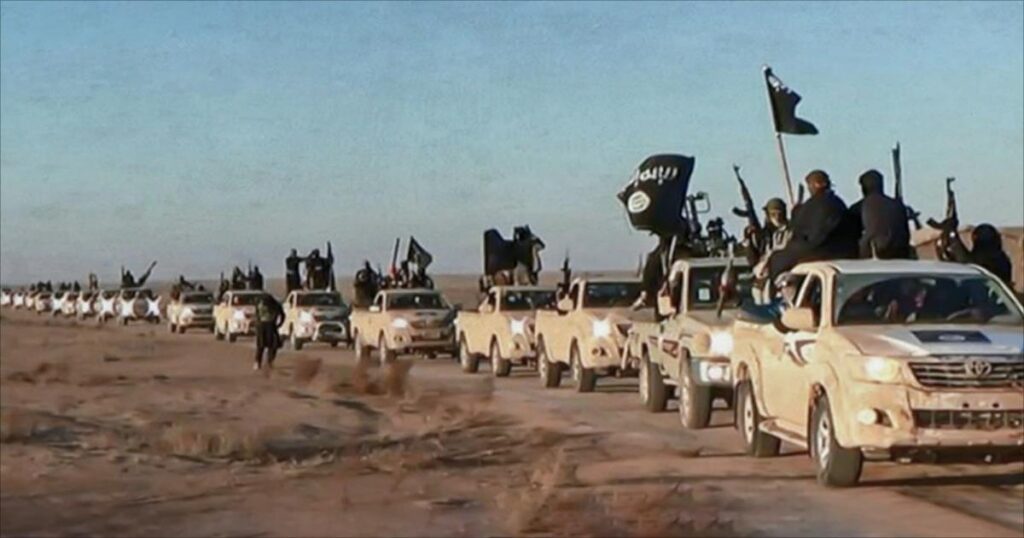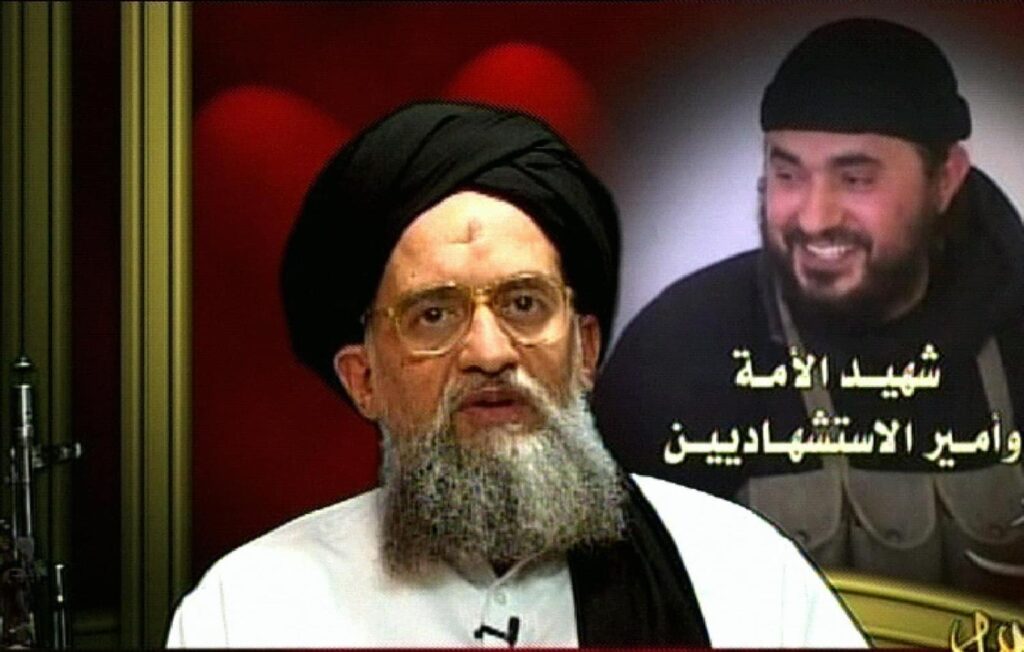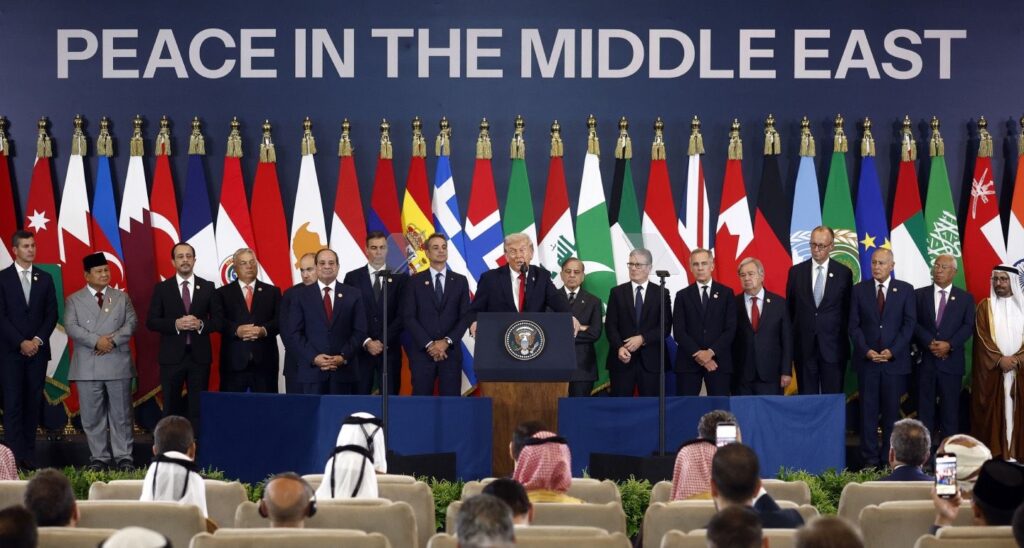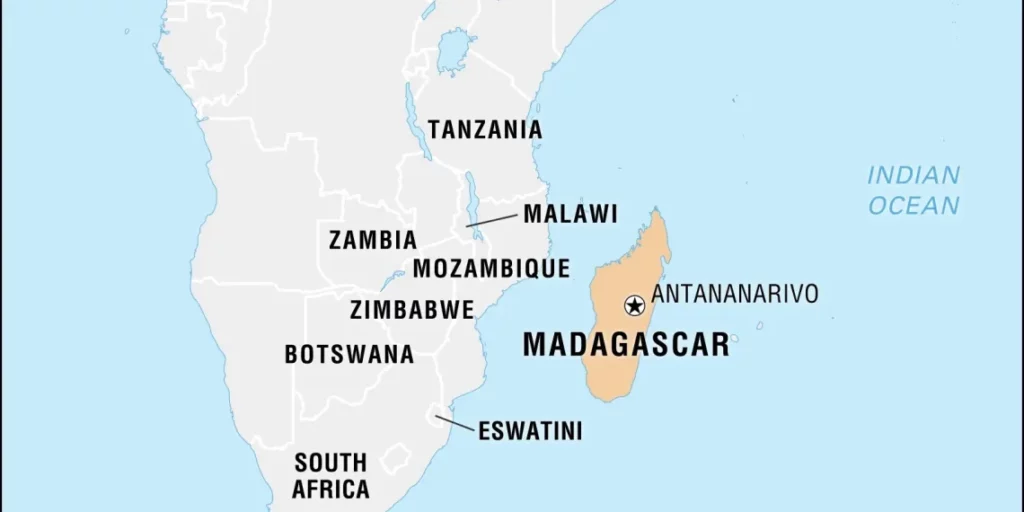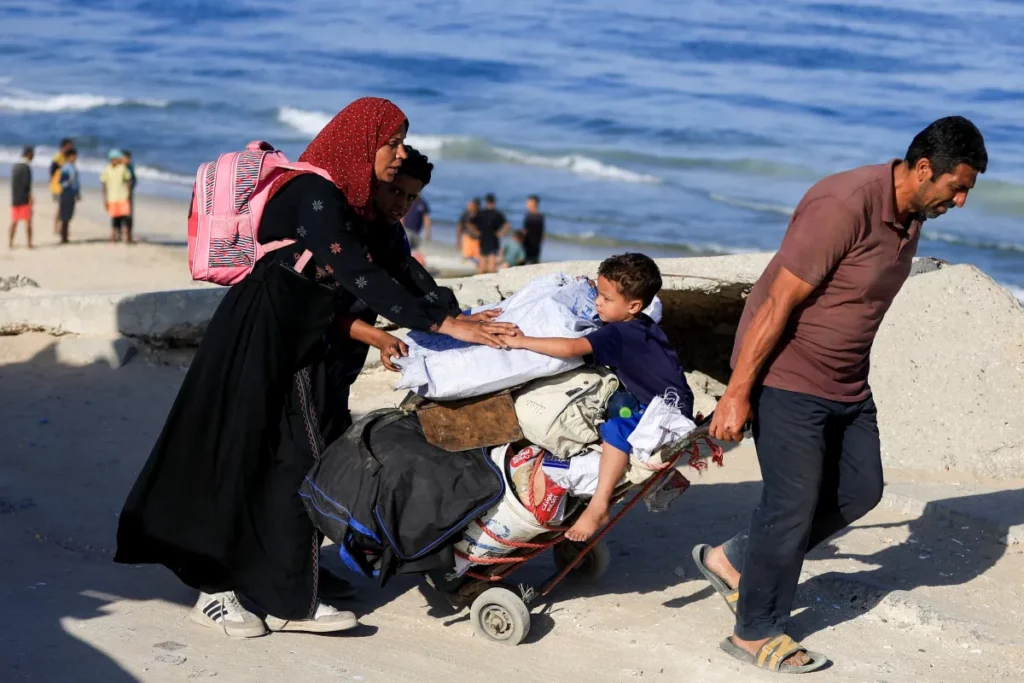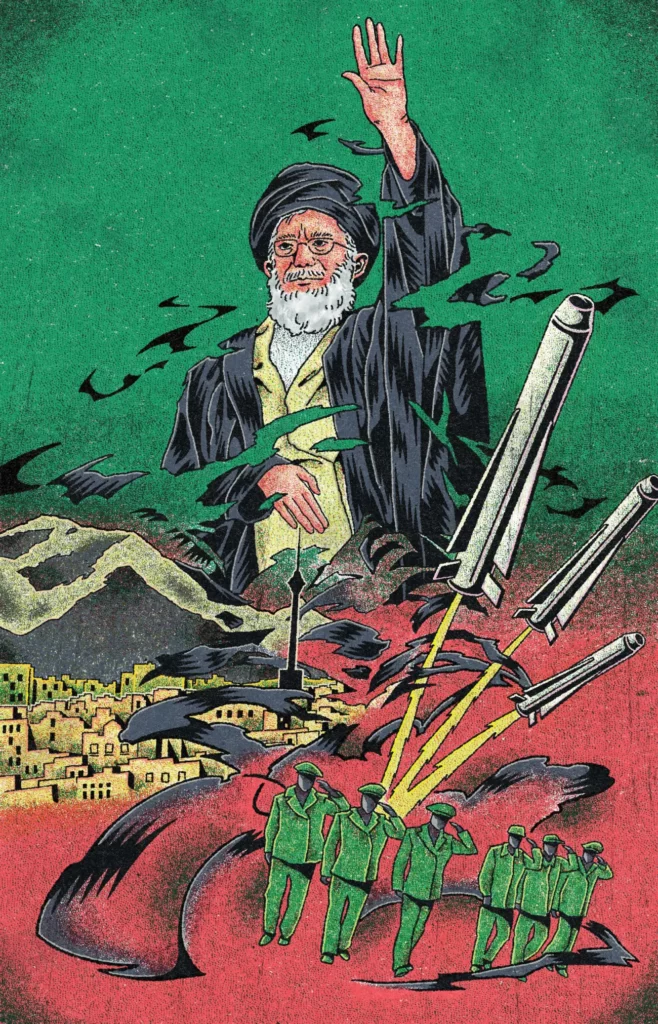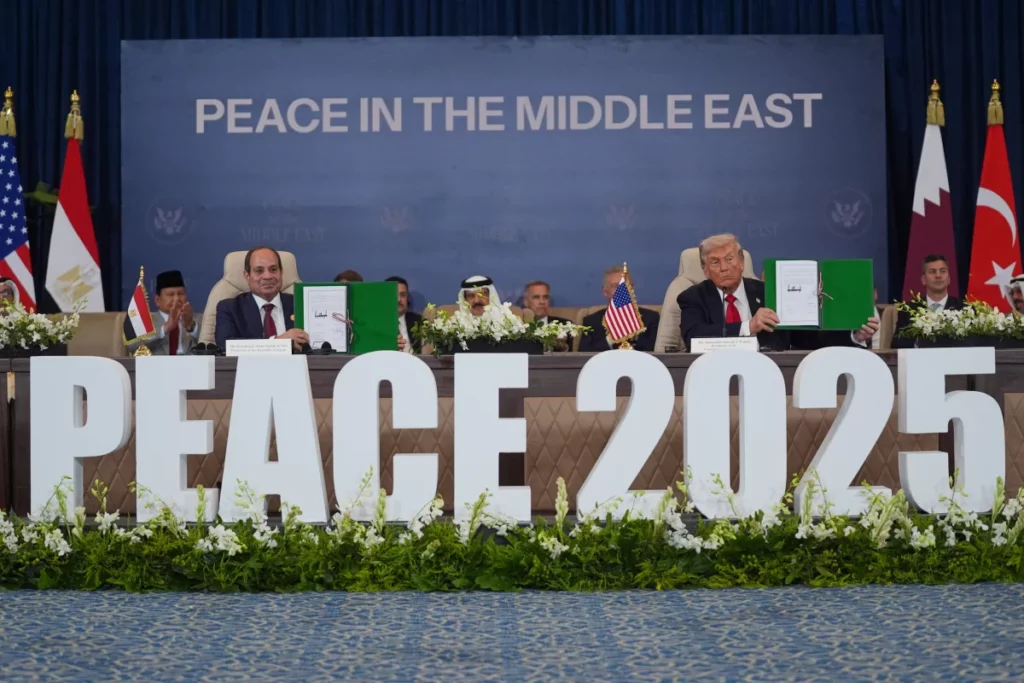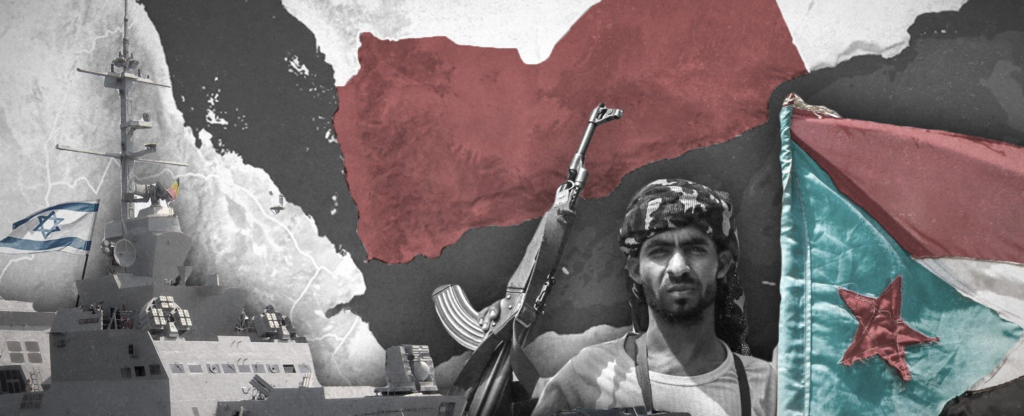Quel est l’avenir des bases russes en Syrie ?
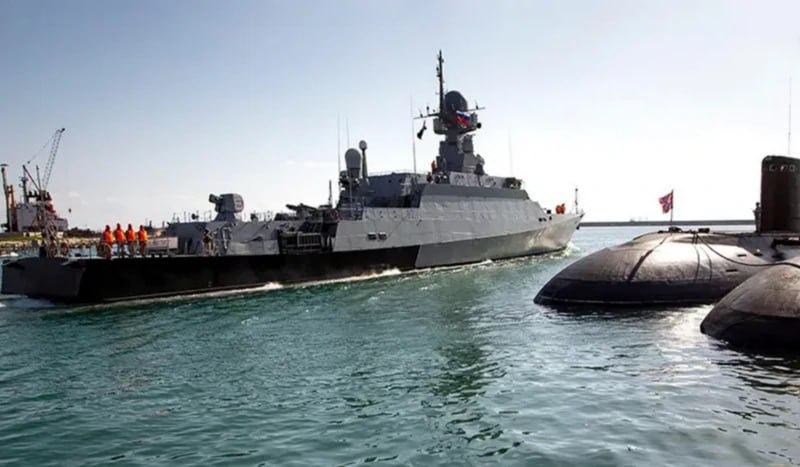
Lavrov a suggéré qu’ils pourraient faciliter l’envoi d’aide à l’Afrique, mais il est également possible qu’ils accueillent des pourparlers militaro-diplomatiques complexes entre toutes les parties prenantes en Syrie tout en aidant ses forces armées à maintenir l’unité nationale en les rééquipant, en les formant et en les conseillant également.

